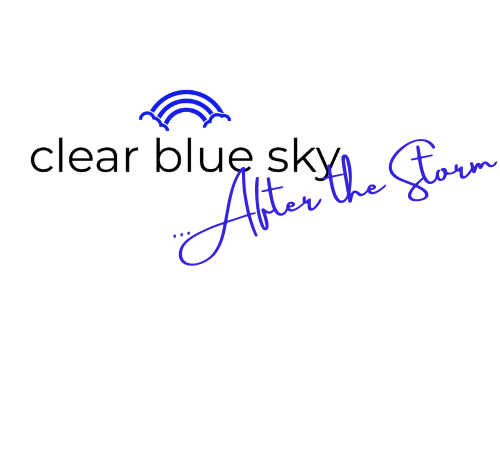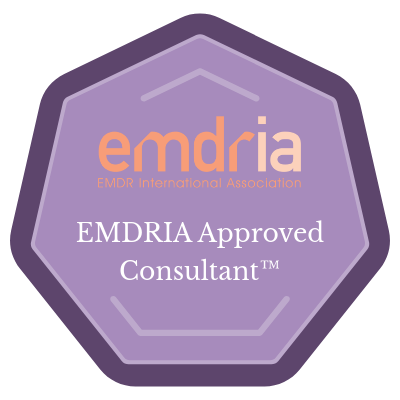A Word On Cross-Cultural Work in the Helping Professions
why I don't like calling myself an aly, or clicking a box to say I'm competent with a given client population
RESILIENCECULTURELGBTQIA+ANTI-RACISMCULTURAL HUMILITYREFLECTIVE SUPERVISION
2/20/20243 min read


As I started work in private practice, filling out applications to be empaneled by insurance companies, I kept being asked to check boxes highlighting my cultural competence with this group or that one. Reader, I hate that.
Here's why. Those check boxes feed a referral algorithm or the directory of providers. It is literally a way to advertise. I don't want to advertise that I have figured out how to work with members of any group. I haven't figured out how to work with all the members of the groups to which I belong.
This is not to say that I think learning about working with groups, cultures, identities other than my own is in anyway unworthy. What is unworthy is to say that I am now "competent". This is not a binary yes or no. This is not a destination. This is a journey, and I promise you, I'm on it.
So much of cultural humility--active listening, learning what is important to a client about who they are, asking questions, taking a learning stance, respecting them enough not to show up without having done at least a little bit of learning--is basic clinical social work (or clinical psychotherapy). But social workers who look like me, throughout history, have forgotten their basic social work knowledge and done harm to under-represented communities. So while I'm on the journey, I'm not so confident to think I've got it, and I won't do harm.
I've found resources, books, learning communities to help me do better. I have had coworkers and friends help me. I've never had a client that I didn't learn from. I will not abstain from the work. But I will not claim to be competent in this or that culture. No thank you, insurance company panel.
In my career, I've seen the impact of queer-unfriendly, kink-unfriendly, polyamory-unfriendly attitudes in people's lives. I've seen the damage of insensitive authoritarian institutions, of the carceral state, of the pervasive impact of violence, of the generational pain of genocide, the trauma of refugees, of the impact on disempowered bodies and psyches of the actions of a dominant culture and the individuals that create that culture. I don't want to be part of that. But I am part of those dominant cultures and identities. I am not an expert in your experience.
I've also seen the beauty in community, shared religious belief, multigenerational and cross community support, of celebrating identify and loving "us". There is strength in cultural knowledge, spiritual practice, and shared identity that I also am not an expert in. Some of the most powerful therapy experiences I've been part of have involved an assist from a culturally relevant event I had no awareness of ahead of time. People heal in community with others; the therapy room can enhance it.
So I will acknowledge being friendly to groups which are not part of my identity, of celebrating groups of which I am not a part. I will maintain a curious stance, with introspection, some homework, but primarily hoping to learn from others what their identities mean specifically and uniquely to them. About what aspects of your identity do you experience bias, oppression, microaggressions, or pain? From where do you draw your strength? What do you celebrate? What rituals or symbols are meaningful to you?
My role is to help you enhance what is working, to help you know and appreciate yourself more, and help address the impact the slings and arrows of bias and oppression have on you. Your identities are a key to that. Above all, I respect your identity, culture, and experience.
Sign up for my Blog and get new posts right to your inbox:


Licensed in Minnesota
507-944-4164
Located in Rochester, Minnesota
near the Destination Medical Center


